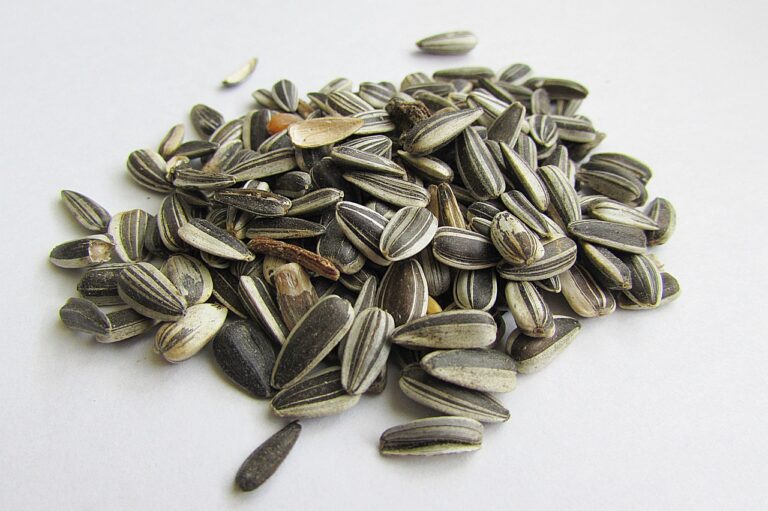The Surprising Health Benefits of Fermented Foods: Improving Digestive Health and Immunity
Fermented foods have been a part of human diet for centuries, with origins dating back to ancient civilizations. While the process of fermentation may have initially been used as a method of food preservation, it has since been recognized for its numerous health benefits. From improving digestive health to boosting immunity, fermented foods offer a wide range of advantages that can positively impact our overall well-being.
What are Fermented Foods?
Fermented foods are those that have been through a process of lacto-fermentation, in which natural bacteria feed on the sugar and starch in the food, creating lactic acid. This process not only preserves the food but also creates beneficial enzymes, b-vitamins, Omega-3 fatty acids, and various strains of probiotics.
Improving Digestive Health
One of the key benefits of consuming fermented foods is their ability to improve digestive health. The probiotics found in fermented foods help to maintain a healthy balance of gut bacteria, which is essential for optimal digestion. By promoting the growth of beneficial bacteria in the gut, fermented foods can help alleviate symptoms of digestive disorders such as bloating, gas, and constipation.
Boosting Immunity
Another significant benefit of fermented foods is their ability to boost immunity. The gut is home to a large portion of our immune system, and maintaining a healthy balance of gut bacteria is crucial for optimal immune function. Consuming fermented foods can help strengthen the immune system by promoting the growth of beneficial bacteria that can help fight off harmful pathogens.
Reducing Inflammation
Fermented foods have also been found to have anti-inflammatory properties, which can help reduce inflammation in the body. Chronic inflammation has been linked to a variety of health problems, including heart disease, diabetes, and autoimmune disorders. By incorporating fermented foods into your diet, you can help reduce inflammation and lower your risk of developing these conditions.
Enhancing Nutrient Absorption
The fermentation process can also enhance the bioavailability of nutrients in foods, making it easier for the body to absorb and utilize essential vitamins and minerals. This can help improve overall nutrient intake and promote better overall health.
FAQs
What are some examples of fermented foods?
Some common examples of fermented foods include yogurt, kefir, sauerkraut, kimchi, kombucha, and miso.
How often should I consume fermented foods?
It is recommended to consume fermented foods on a regular basis to reap the full benefits. Incorporating them into your diet a few times a week can help support digestive health and immunity.
Can fermented foods help with weight loss?
While more research is needed, some studies suggest that the probiotics in fermented foods may help with weight management by promoting a healthy balance of gut bacteria.
Are there any risks associated with consuming fermented foods?
For most people, consuming fermented foods is safe and beneficial. However, those with compromised immune systems or certain health conditions may need to consult with a healthcare provider before incorporating fermented foods into their diet.
Overall, incorporating fermented foods into your diet can offer a wide range of health benefits, from improving digestive health to boosting immunity. Adding a variety of fermented foods to your meals can help support overall well-being and promote a healthy gut microbiome.







